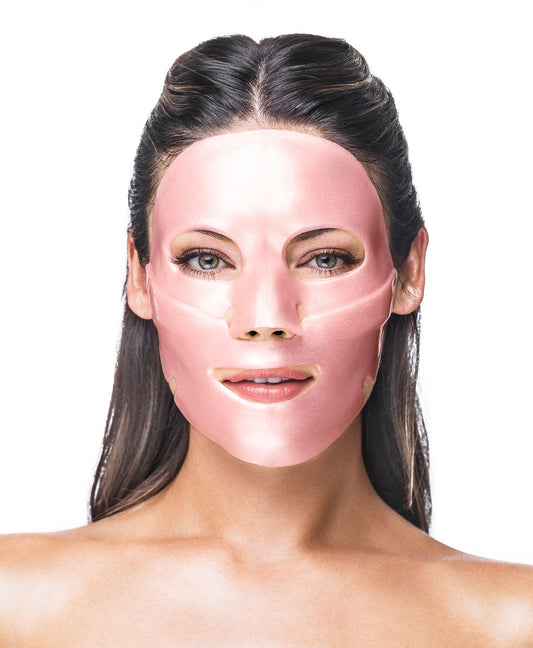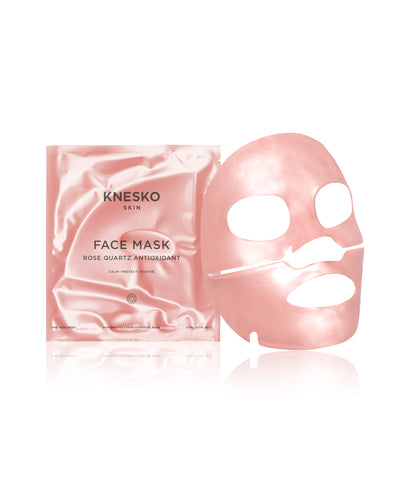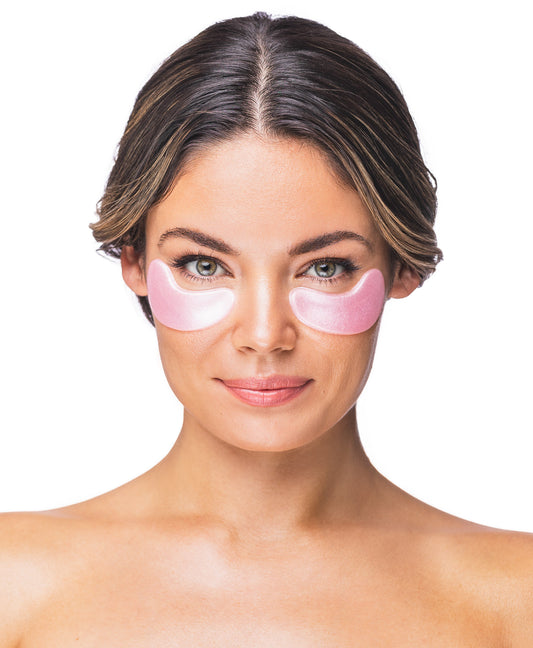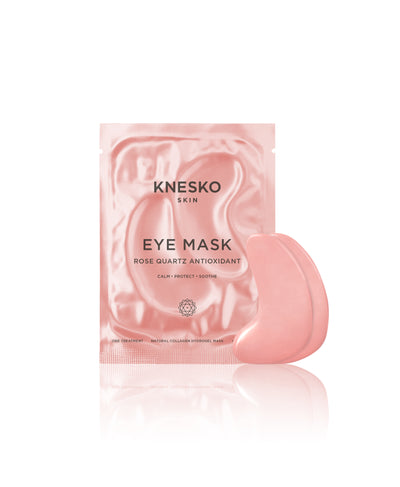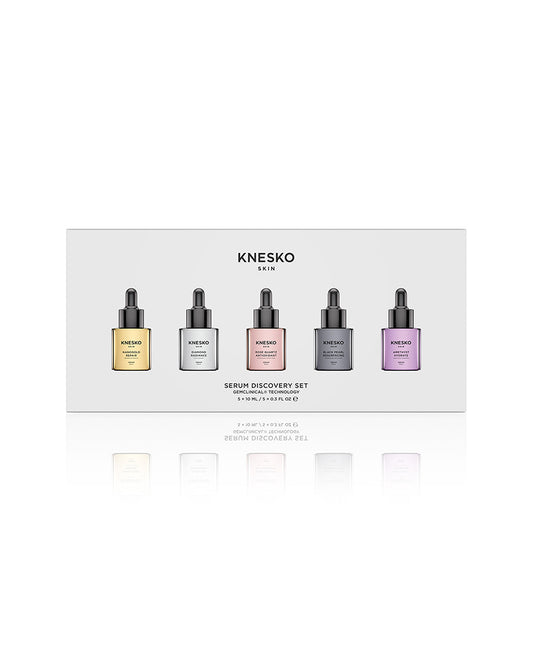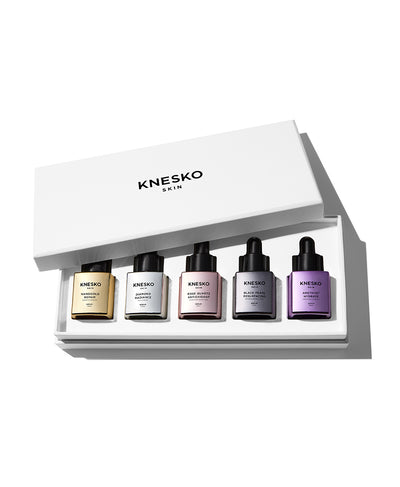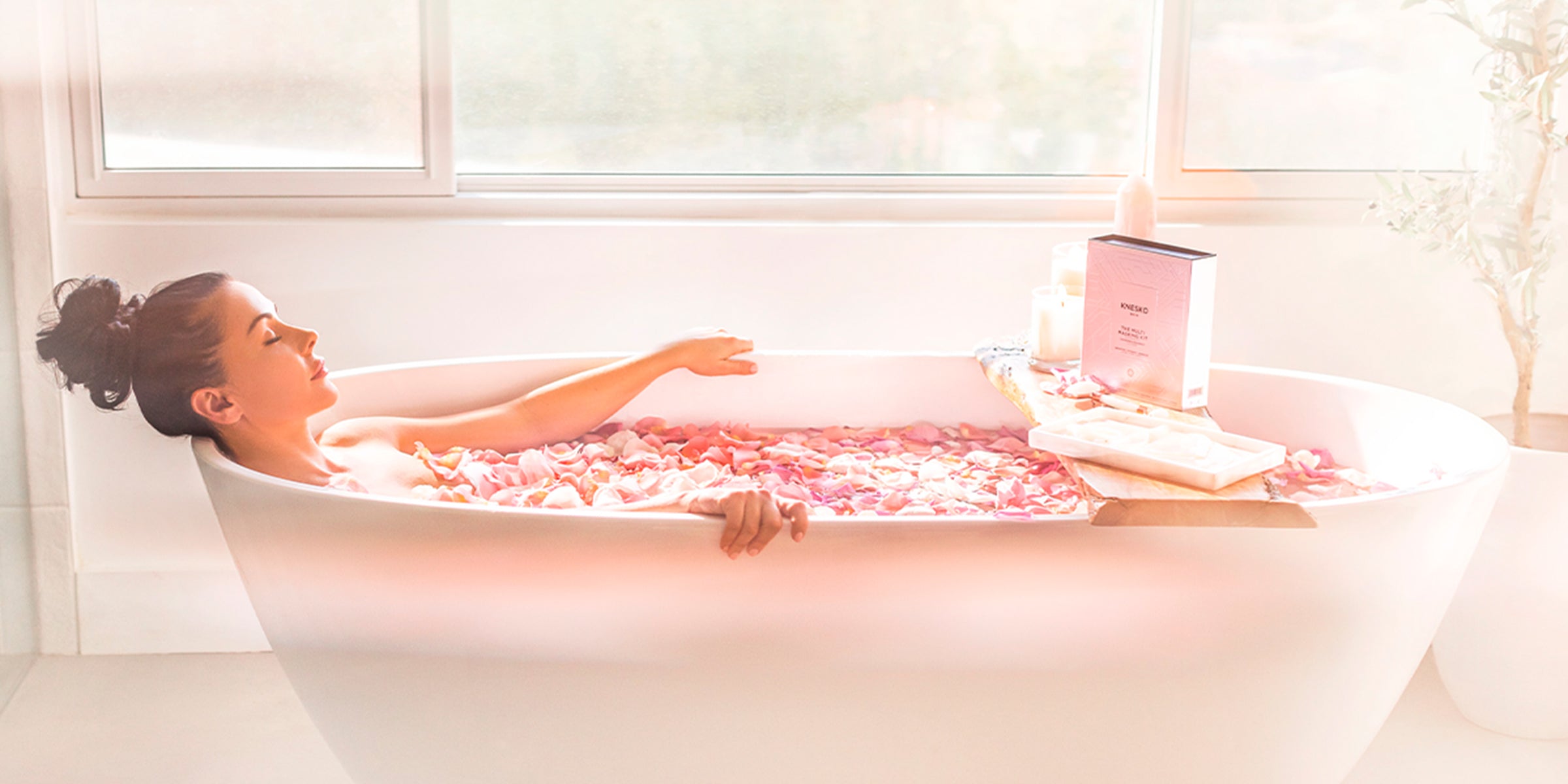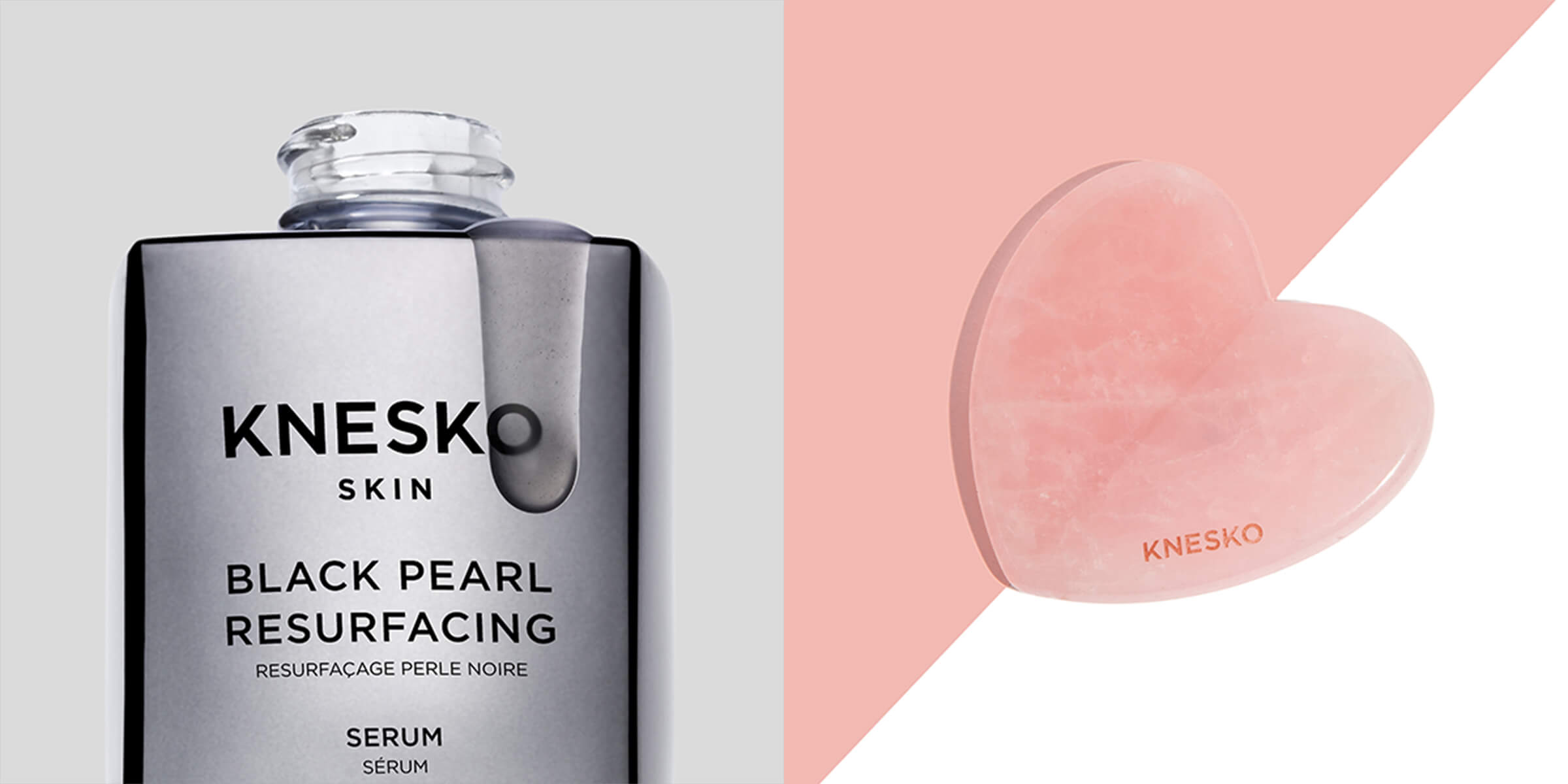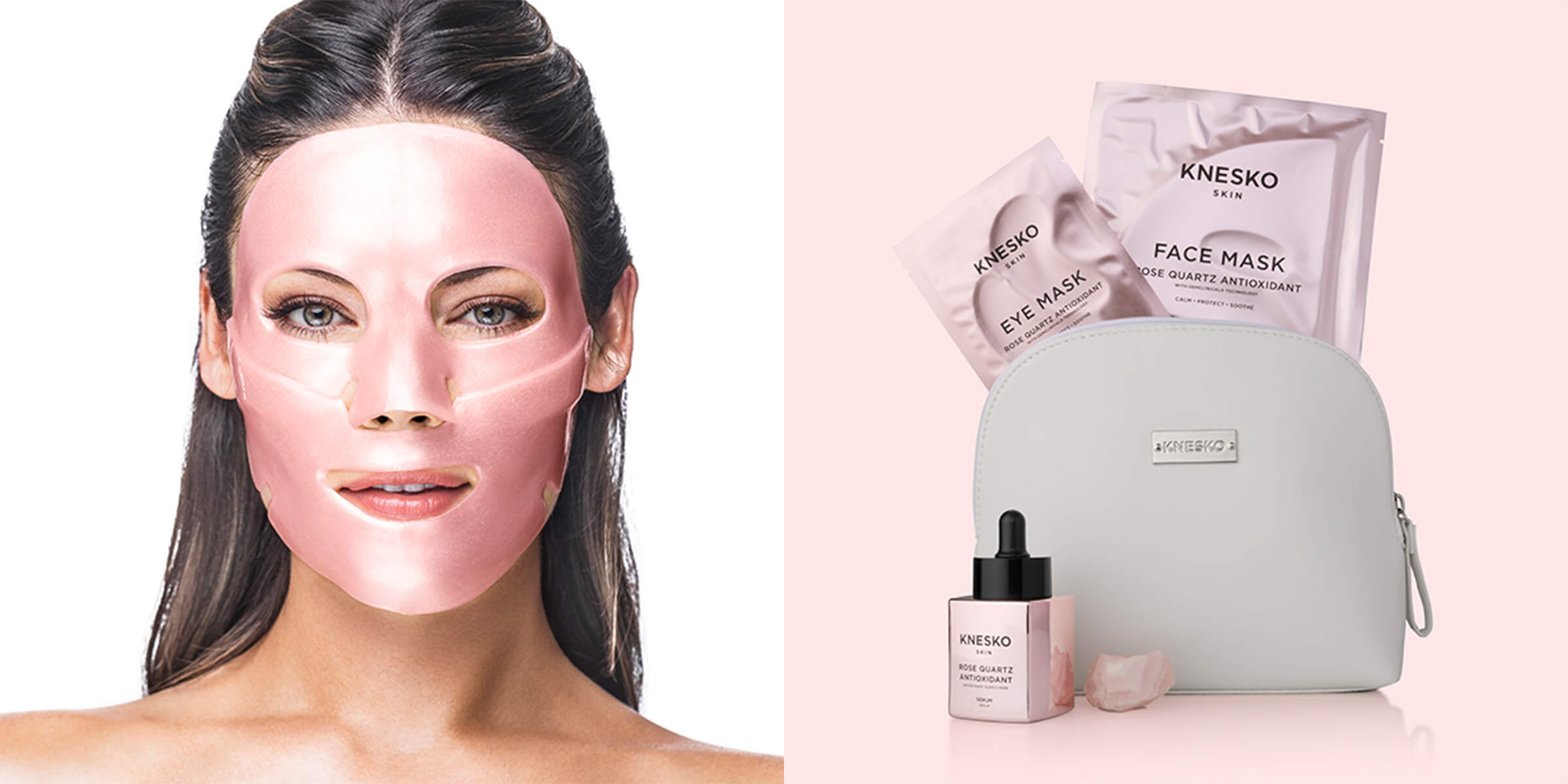Constant exposure from blue light (from the sun and from your devices) can damage your skin by changing your skin cells, causing cell shrinkage, cell death, collagen loss, and free radical generation, which speeds up the aging process.
If you’re serious about protecting your skin from premature aging and wrinkles, skincare experts stress that protection from UVA and UVB rays is no longer enough. From understanding where blue light comes from to tweaking your skincare routine, here’s everything you need to know to protect your skin from blue light damage.
What is blue light?
Blue light is one of several colors in the visible light spectrum. Blue light, together with red, orange, yellow, green, indigo, and violet light, makes the white light you see when the sun—the main source of blue light—shines.
In addition to the sun, fluorescent and light-emitting diode (LED) bulbs and electronic devices also emit blue light. Just like ultraviolet (UV) rays, which are linked to environmental skin damage, blue light can also have harmful effects on the skin.
How does blue light affect the skin?
According to a 2012 study, even as little as 60 minutes of blue light exposure can have damaging effects on the skin. Blue light can penetrate to the dermis, degrading collagen and elastin and leading to loss of firmness and an increase in visible lines.
Prolonged exposure to blue light can also lead to pigmentation: researchers linked blue light exposure to increased swelling, redness, and pigment changes in people of color.
Blue light can damage your skin when used in specific ways, but it also has healing properties. Studies have shown that some blue light treatment devices can help with psoriasis, acne, blackheads, and whiteheads.
How can you prevent blue light damage?
Before you adjust your skincare regimen, start by addressing the use of your technology and covering your electronic devices with a blue light shield. Alternatively, some smartphones have a setting that disables blue light in favor of yellow light, making electronic use easier on your skin.
When it comes to protecting your skin, it’s essential to use a broad-spectrum sunscreen with antioxidant-rich ingredients, such as vitamin C, vitamin A, and niacinamide. Face masks also work to repair and prevent the impact of visible blue light while hydrating, brightening, and healing the skin with powerful antioxidants. To maximize your results, massage the serum into your face with a gemstone roller to boost circulation, reduce wrinkles, and promote deeper penetration.
Antioxidant-rich topical products are a must. While the skin naturally contains antioxidants, the molecules are depleted by constant exposure to free radicals like blue light. Applying antioxidant-rich products helps boost your skin’s defense and fights oxidative environmental damage, ultimately protecting your skin from premature aging.
Moisturize and protect your skin
KNESKO’s rose quartz antioxidant treatment mask goes above and beyond nourishing and protecting your skin. It contains a powerful blend of all-natural antioxidants—including vitamin E, vitamin C, and marine collagen—to protect against and reverse free-radical damage. Reiki-infused rose quartz antioxidant serum not only brightens and hydrates your skin, it also draws out toxic energies and restores calm to your mind and spirit.
Use our antioxidant treatment masks as often as needed to nourish and protect your skin against visible blue light damage as well as elevate your home self-care regimen.
Resources:
- https://pubmed.ncbi.nlm.nih.gov/22318388/
- https://www.sciencedirect.com/science/article/pii/S0022202X15349307
The post Does Blue Light Damage Your Skin? appeared first on KNESKO SKIN.

